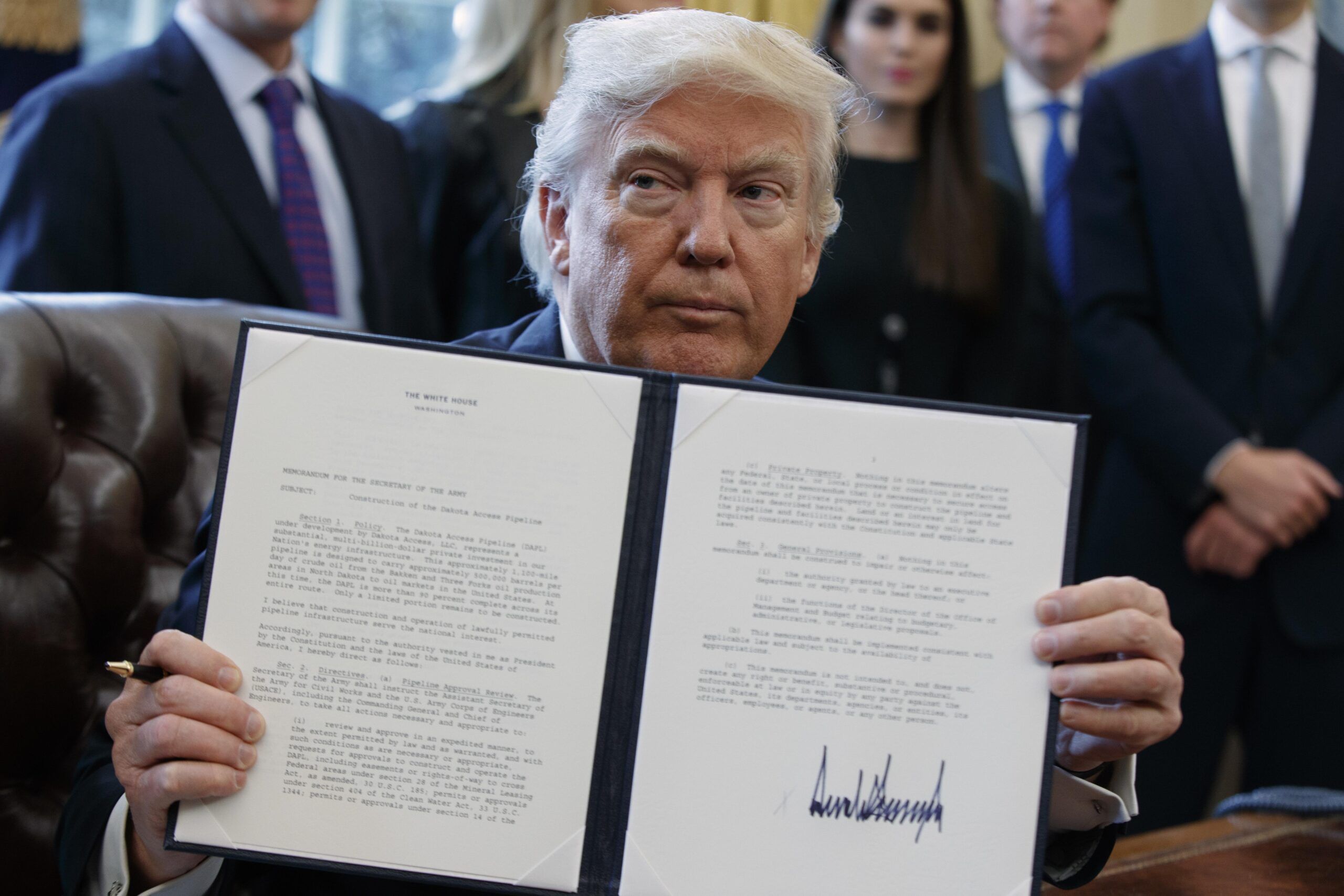Agency seeks to reverse 2009 determination underpinning climate policy
The U.S. Environmental Protection Agency (EPA), under the current administration, has drafted a proposal to revoke the 2009 “endangerment finding,” a regulatory milestone that allowed the agency to address greenhouse gases under the Clean Air Act.
The finding, issued during a previous administration, concluded that carbon dioxide, methane, and other greenhouse gases pose a threat to public health and the environment. It has since served as a legal basis for emissions regulations affecting power plants, transportation, and the energy sector.
Legal and regulatory implications
Now under review by the Office of Management and Budget, the EPA’s proposal argues that the original finding was not enacted in strict accordance with statutory requirements. It also asserts that emissions from U.S. sources represent a limited share of global output, and reducing them would have minimal public health effects.
This move follows executive actions declaring a national energy emergency and encouraging increased fossil fuel production as part of broader energy and economic strategies.
Anticipated response and future outlook
Revoking the 2009 finding could make it more difficult for future administrations to impose restrictions on greenhouse gas emissions. Legal experts anticipate extensive litigation, public comment periods, and judicial reviews before any change can take effect.
Nonetheless, recent legislation and prior court decisions may limit the administration’s ability to fully eliminate the original ruling. Environmental organizations and industry groups are already preparing for a lengthy legal process that may determine the future of federal climate policy in the United States.



